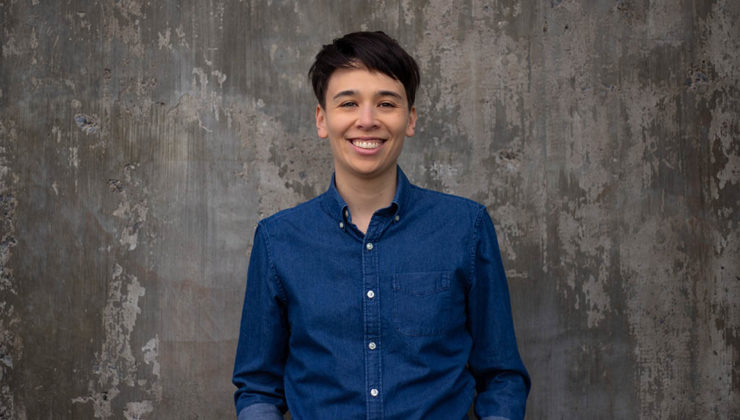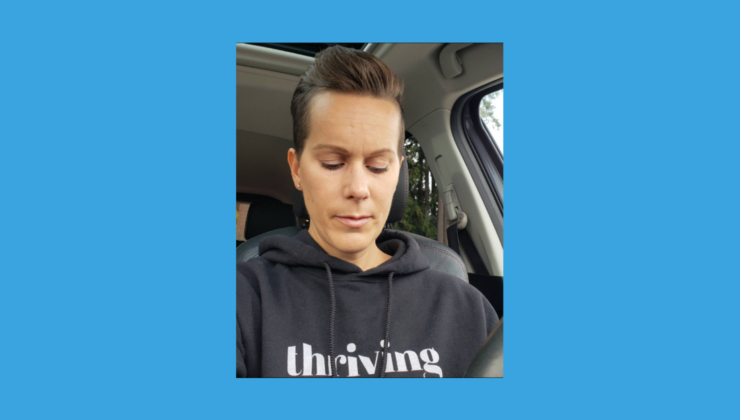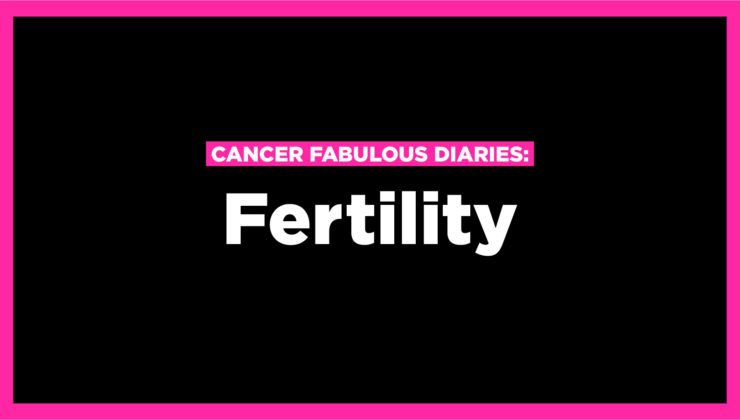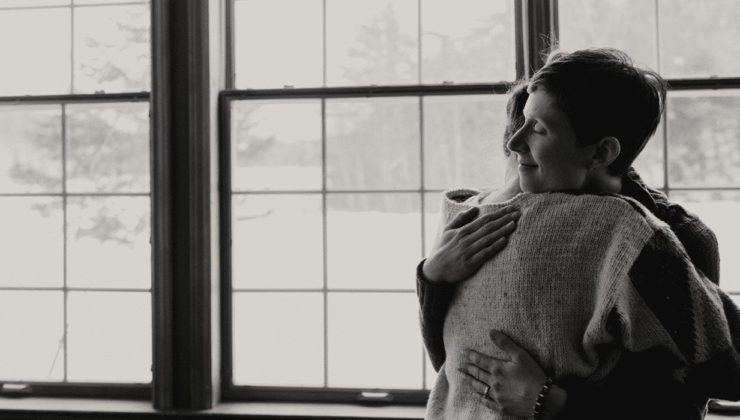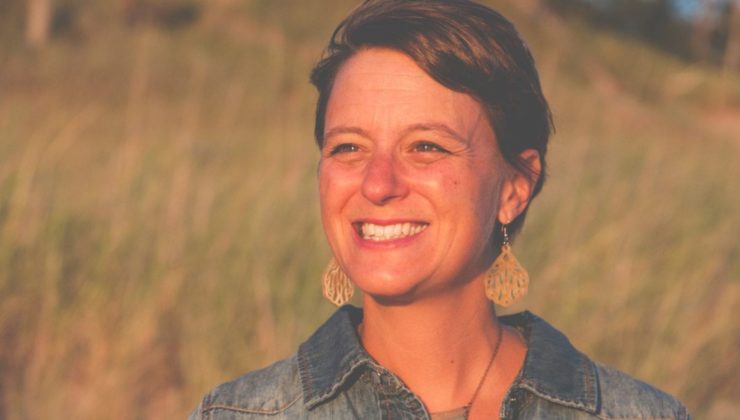An Oncologist Sounds Off On The Most Common Questions She’s Asked

As a medical oncologist, I like to think of my position as the cancer team quarterback. I work with all your other doctors to coordinate a comprehensive treatment play for your breast cancer. But in the face of huge opponents, and under the chaos of the stadium (or maybe surgical) lights, it’s all too common that I hear from patients “I have so many questions, I just don’t know where to start.”
So before the game continues, I’m calling a “time out” to share with you the 5 most common questions I hear from patients with breast cancer.
1. Why did I get breast cancer?
I wish I could pinpoint an exact moment in time, activity, or exposure, and blame a single thing for a cancer diagnosis. It might give patients an outlet to direct frustration, but in truth, most of the time, your oncologist has no good answer to this question. Only approximately 6% of breast cancers are attributed to known genetics, so family history often isn’t to blame. We know that there are risk factors for breast cancer, such as increasing age, female gender, white race, obesity in postmenopausal women, and increased estrogen exposure from late menopause or early menarche, among others, but isolating one of these factors as the cause of your cancer is nearly impossible. I try instead to encourage patients to focus on our plan of action and making sure we do everything in our power to decrease the risk that a cancer could return.
2. Should my kids get tested for genetic cancers?
I love that patients are always worried about their children, but first the man/woman with the diagnosed cancer needs to be assessed. If a patient meets criteria for genetic testing (to be determined by your doctor) it’s best to do their genetic testing first. If these are positive for a mutation known to be associated with increased cancer risk, then yes, I do encourage children to at least have a conversation about being tested for genetic risk of cancer.
3. Do I really need more treatment than just surgery?
If your cancer is early stage and has not spread to many lymph nodes or other organs, then surgery is typically recommended as the main component of your treatment. However, in some cases, you may need chemotherapy, targeted therapy, or radiation in addition to surgery if the risk that the cancer can recur is high enough or surgery is impossible without first shrinking the tumour. The goal in these cases is to kill off any microscopic cancer cells left behind and decrease the risk that the cancer will come back. A comprehensive treatment plan focuses not just on the cancer at present, but at risk reduction for recurrence, so in many cases other treatment in addition to surgery is recommended.
4. Will I lose my hair?
If you are getting chemotherapy, it is unfortunately likely that your hair will fall out. This happens because the chemo drugs can’t differentiate between the rapidly dividing good cells, such as hair, nails, and skin, and the bad cells that grow quickly, such as the cancer. The result is hair loss during treatment, although there are now cooling caps that essentially freeze the hair follicles so they hibernate from the chemo effects. These systems may be expensive and aren’t always covered by insurance, but are worth asking your doctor about if minimizing hair loss is important to you.
5. What should I eat during treatment?
During breast cancer treatment, it’s important to maintain good nutrition. You want to avoid weight loss by concentrating on getting sufficient calories and protein, which will also help to prevent issues with wound healing if you had surgery. But there’s no solid evidence to date that you need to avoid sugar, so feel free to eat a candy bar every so often too!
Hopefully, these answers are helpful in your breast cancer journey. Remember, no question is too big or too small. It’s your doctor’s duty to inform you so that you know the next play and are prepared for this journey. Don’t be shy–ask away!

Dr. Jessica Taff is a hematologist and medical oncologist at a private practice in New Jersey, where she treats both benign and malignant blood disorders and cancer. She earned a Bachelor’s in Physics and a Medical Degree at Georgetown University in Washington, DC, and then trained in Internal Medicine at NYU Langone Medical Center in New York City, where she also served as Chief Resident. She completed her fellowship in Hematology and Medical Oncology at NYU Langone Medical Center, where she was selected as Chief Fellow. Her research interests include breast cancer, health literacy, and population health, and she has remained active in teaching medical students and trainees throughout her career. You can follow her at her practice and as @mycancerdoctor on Instagram.

